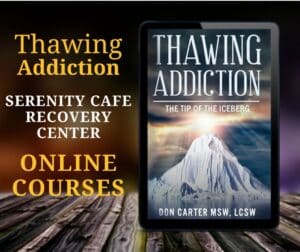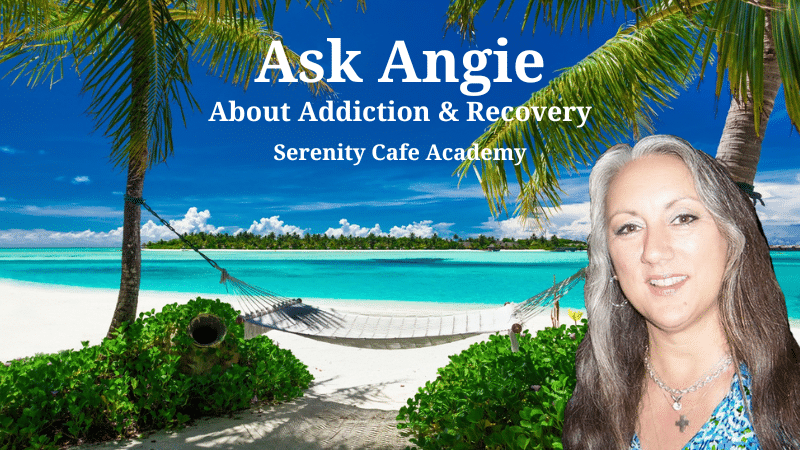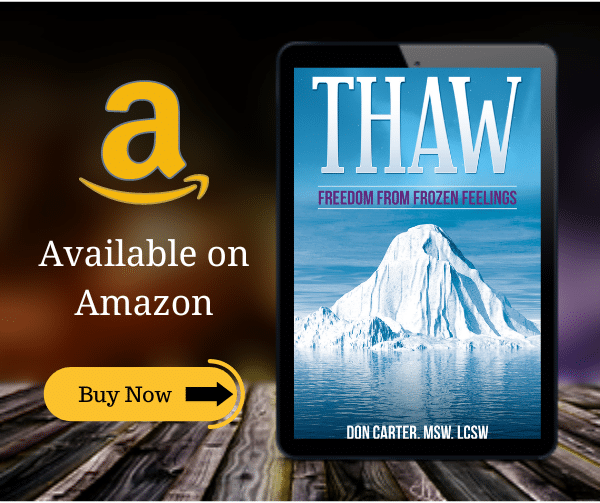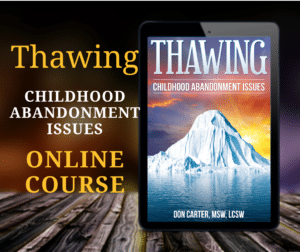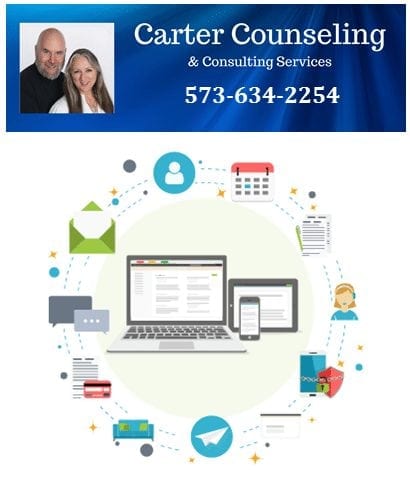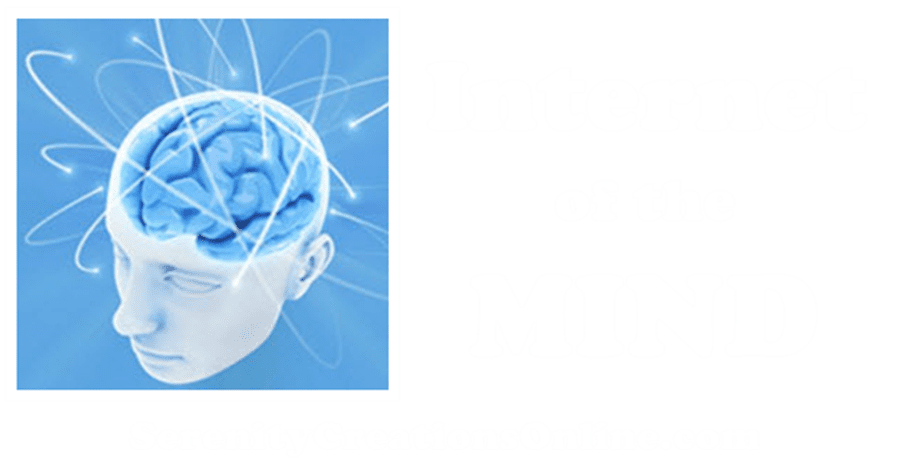
Dual Diagnosis, Double Trouble in Recovery
A dual diagnosis is when an individual suffers from an addiction to a chemical substance (drugs or alcohol) and has another psychiatric diagnosis such as bipolar, depression, schizophrenia, or anxiety disorders. Not only does the person have to deal with all issues related to addiction but other symptoms and circumstances in connection with a psychiatric diagnosis as well.
Double Trouble in Recovery
Questions? Contact Angie at Carter Counseling
Understanding Dual Diagnosis
In some cases the psychiatric diagnosis is primary and the person has used alcohol or other substances to medicate their symptoms, for example drinking to relieve anxiety or taking amphetamines or painkillers to battle depression. Treating the psychiatric problem with the necessary medications can sometimes be problematic for those who also suffer from addiction. For example, if an addict is prescribed tranquilizers to treat an anxiety disorder it can create a craving which can cause them to abuse their medication by taking more than prescribed. Or it may trigger a craving to drink since alcohol and tranquilizers are both depressants.
Support groups specially designed for individuals with an addiction and other psychiatric conditions can aid individuals in dealing with these specific issues. In the following interview, Randall E., a member of a dual diagnose support group in Jefferson City shares some of his experiences in dealing with his own dual diagnosis.
What have you been diagnosed with? I was self-diagnosed with addiction in 1993, depression in 1994 and bipolar I in 2004.
How did each of these diagnoses manifest themselves in your life? “I knew I had an addiction after unsuccessful repeated attempts to either quit or limit my drinking/drugging. After 25 years of the usual consequences such as numerous driving offenses, jail time, near-fatal auto accidents, failed relationships, lost jobs I finally ended up in a psychiatric unit. The depression diagnosis came after I quit drinking and drugging.
I was no longer able to do much of anything except go to work. I was somewhat functional at work, but slept on my breaks and lunch periods and used up all my vacation and sick days. I spent most of my time at home on the couch unable to do the things I used to enjoy. I was finally diagnosed with depression and my doctor put me on an anti-depressant. It took many months to slowly climb up out of it.”
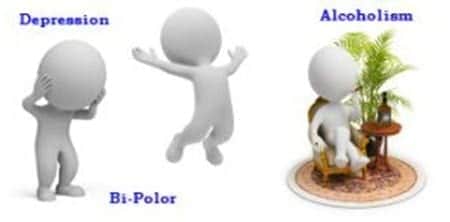
How did you find out about your bipolar diagnosis? “In 2004 I was admitted to a local psychiatric unit after having gone through a long and stressful period which involved an unhealthy relationship, buying a home and working long periods. I was also diagnosed with anxiety and put on a narcotic drug by my physician. I was not comfortable taking a narcotic drug and so I was also experiencing increasing fear which further increased the anxiety and added to all the events in my life at the time.”
What are the hardest parts of dealing with each diagnosis? “Presently I no longer struggle with my drug and alcohol addiction. I have been working a program of recovery and I have been sober for 17 years. One of the more difficult parts of dealing with my addiction was the bias that some people in substance abuse recovery had towards people who took medication for other mental health issues.
In early recovery, I took their advice and just tried to ride it out or let it pass and once again I found myself in a deep depression. After repeating this a few times I began to talk to other members in recovery and got a different perspective on the issue. I came to understand there are those among who have emotional and mental disorders that need to be treated as well as the addiction.”
What do you find helpful about a support group that is specifically geared toward a person with a dual diagnosis? “I think the first and foremost issue is the ability to talk about the medication issues and the struggles, concerns, and fears in dealing with that. Also to be able to discuss mental health issues such as the diagnosis itself and to be able to share in an atmosphere of trust and openness.”
Is there anything you would like to share with someone who has a dual diagnosis? “The statistics for someone with a dual disorder to stay in recovery is 4% and is considerably lower than for a person with just one or the other. I have been involved with a dual diagnosis support group for at least six years now and although it has been hard, it is possible to have a continual recovery. I self-medicated my mental illness for most of my life. I am grateful I was willing to get clean and sober, get an accurate diagnosis, get treated for it, and work a recovery program. It can happen for you too!”
About the Author
Angie Carter, CRADC, SAP is a certified reciprocal alcohol and drug counselor and DOT certified Substance Abuse Professional. She is in private practice at Carter Counseling & Consulting Services. Angie sees local clients in the office and is also available for telephone coaching and/or consultation. Click here to contact Angie with appointment requests, questions, or feedback.
